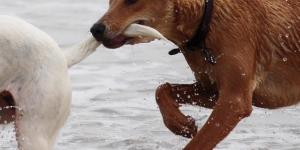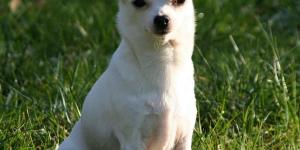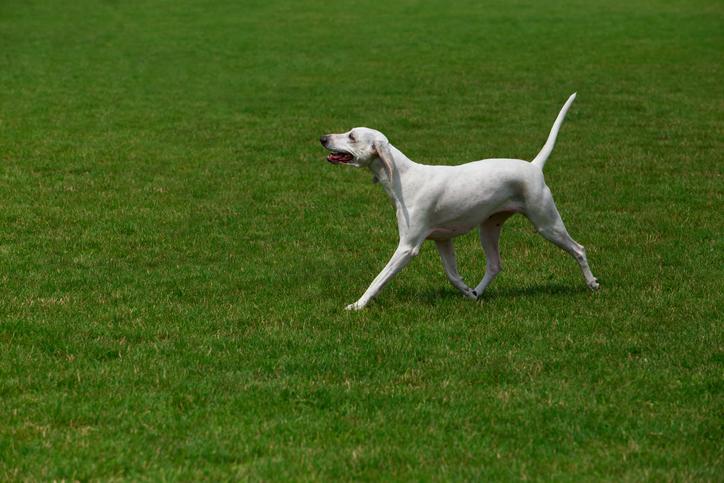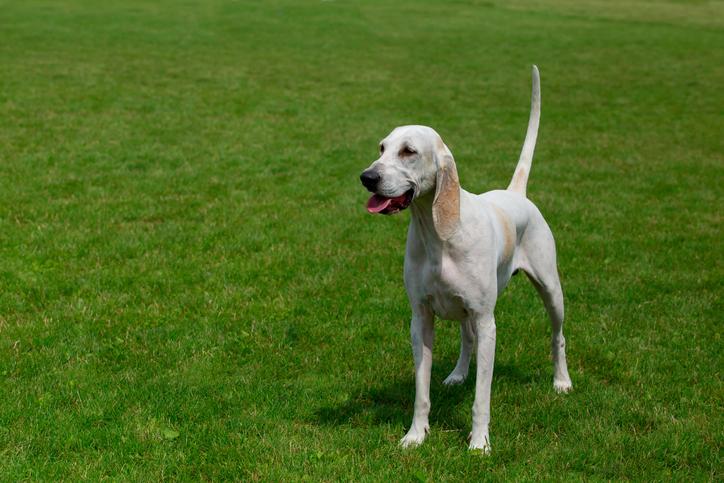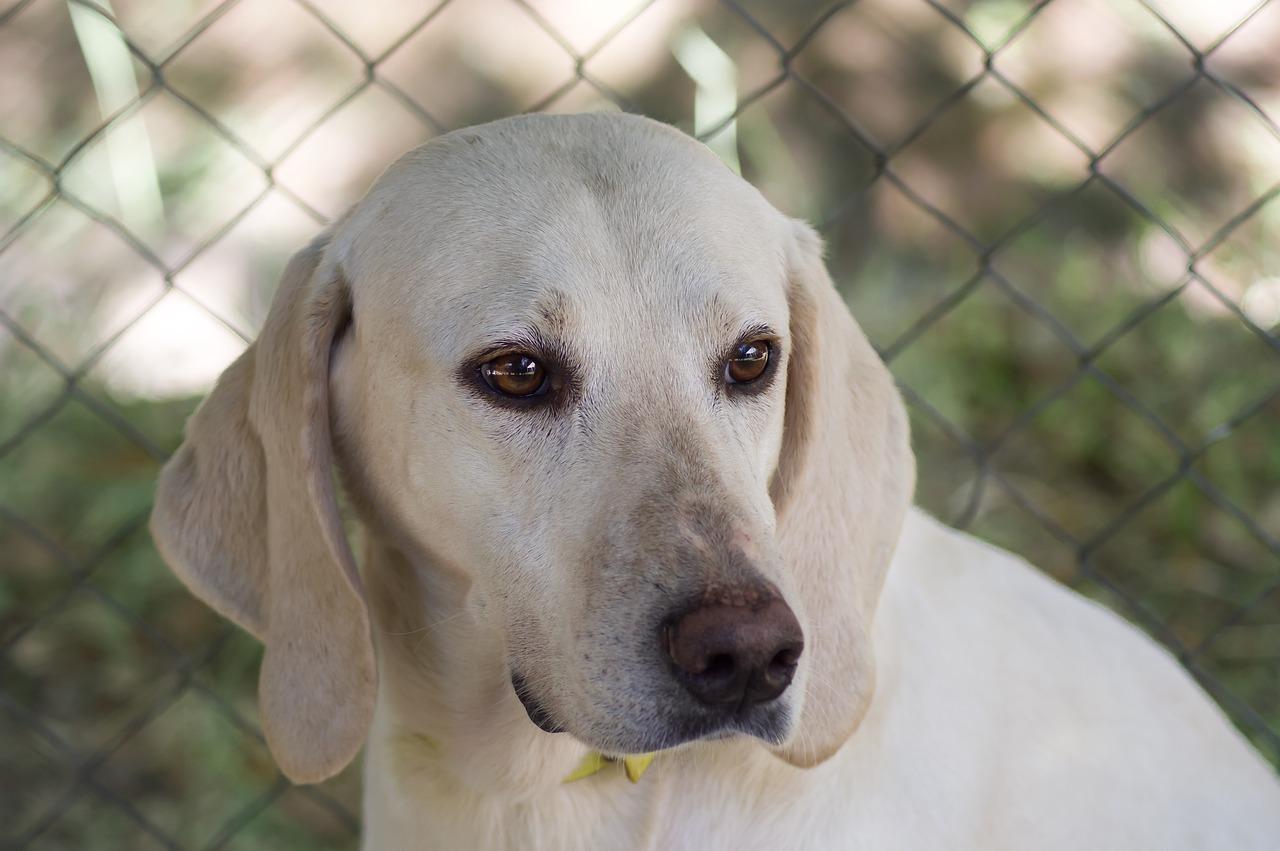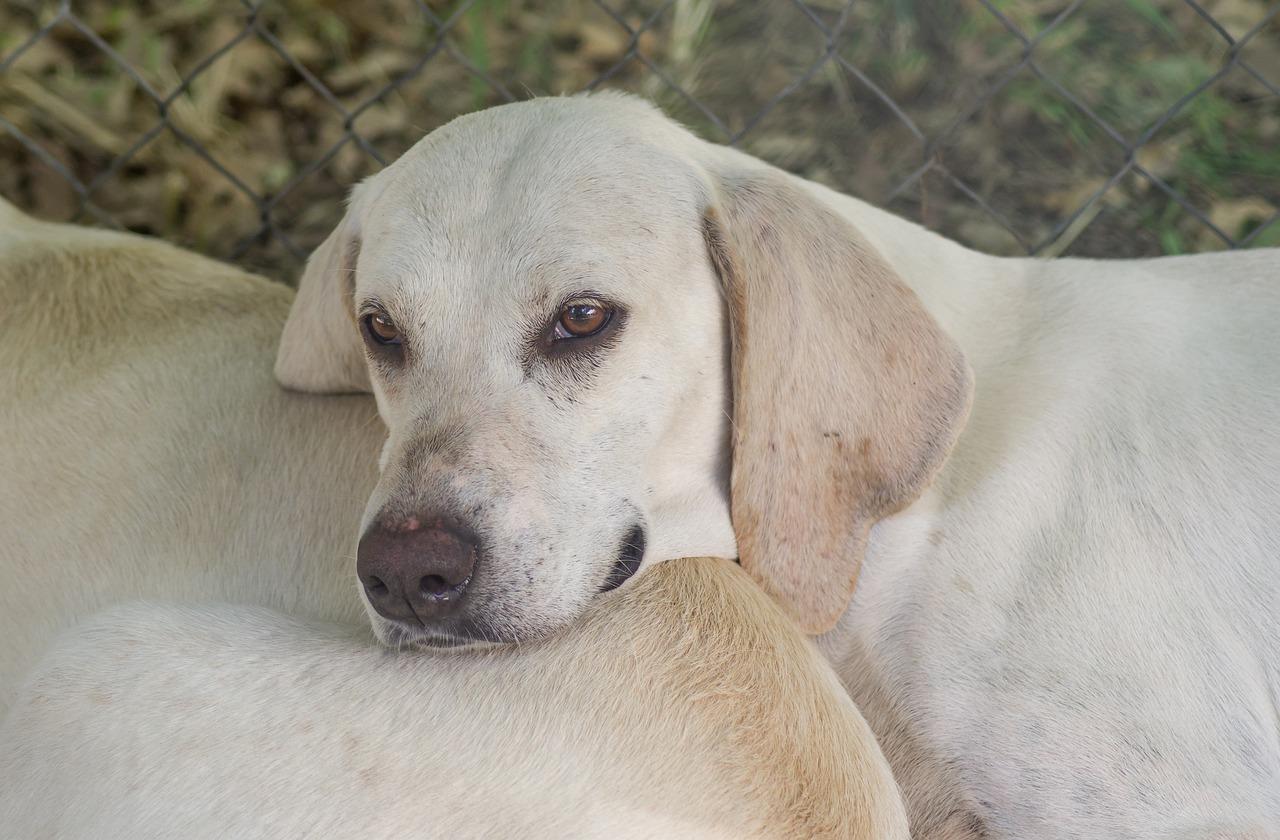Billy
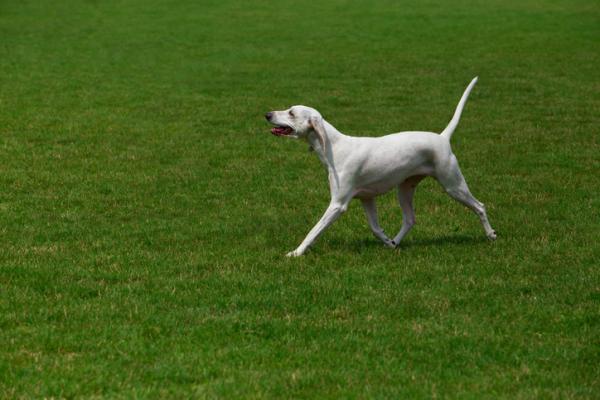
The Billy dog breed is a large scent-hound with Western French origins. Although they were originally used as hunting dogs, they are now adopted by families as a companion dog. Their high intelligence makes them easy to train, and their active personality makes them a great companion to active families.
If you're thinking about adopting a Billy dog, continue reading this AnimalWised breed sheet where we go through their temperament, training, care, health issues and more!
- Europe
- France
- Group VI
- 5-14
- 14-18
- 18-22
- 22-27
- 27-31
- More than 31
- 2-7
- 7-22
- 22-55
- 55-100
- 100-220
- 8-10
- 10-12
- 12-14
- 15-20
- Low
- Meidum
- High
Origin
The Billy was created by Monsieur Gaston Hublot de Rivault in the 19th century. They were named after his home the Château de Billy, in Poitou (France). Billys were created by combining the three original strains of the Poitevin, the Montemboeuf, Ceris and Larrye. However, the modern Poitevin more closely resembles and the original Tri-coloured Larrye line.
The pack was dispersed in 1927 but the breed almost faced extinction as only two hounds survived World War II. Thankfully, Rivault's son, Anthony, set about reviving the breed by judicious use of the Poitevin, the Porcelaine and the Harrier. The Billy remains a rare breed, although there are several packs in France used to hunt roe deer, and two packs to hunt wild boar.
Physical Appearance
Billys are elegant with long ears, muscular legs and short fur.A Billy may be pure white, off-white or gray, sometimes with orange or lemon spots on the head and body. Their coat is short, smooth and harsh to the touch. Their weight is between 52–70 lbs and height is 24–28 inches (60–70 cm) at the withers for males and 23–24 inches (58–62 cm) for females. Their hair is short, harsh to the touch and often slightly coarse. Their eyes are alert, very open and dark colored. Learn more in their official FCI breed file.
Education and Training
When it comes to training Billys, these dogs are very intelligent so it should be easy. The most important thing to do when they're puppies is properly socializing them to new people, objects and environments. Then, you can begin teaching them common commands through positive reinforcement. This will not only be a fun and healthy way to create a stronger bond but it can also help in stressful situations where you need your dog to follow your orders to be safe.
There are many techniques for training dogs, one of the best is the clicker technique. Since these dogs are very active, training them for 10-15min each day will help challenge their cognitive skills. Other than training, you must be aware that these dogs are very active and will need at least one hour of exercise per day. If they do not receive the amount needed they will develop behavioural issues.
These dogs are best kept in a house with a backyard so they have enough room to run around and release their energy. If you are not home, remember to leave them toys to play with. Environmental enrichment will help them remain happy and entertained. These dogs are extremely loyal so once they build a bond with their human companion they will want to be with them during most of the day.
Care
Caring for these dogs are relatively easy. As we've already mentioned, these are very active dogs that will need a couple of hours of exercise per day. They will also enjoy training through positive reinforcement.
When it comes to their hygiene, these dogs have short and easy to manage hair. They requiere little to no grooming. You'll also have to clean their ears, trim their nails and bathe them only when necessary.
Health
Billys are not known to have very many health issues. As always with any other large-sized dogs, be sure to stay aware of joint problems such as hip dysplasia. It's also important to mention that since these dogs have long droopy ears that can collect bacteria easily, you'll want to clean them and be sure to check for ear infections.
Other than that, you must keep up with regular veterinarian check-ups every 6-12 months. Remember to also keep up with their vaccination and deworming schedule.
Billy photos





